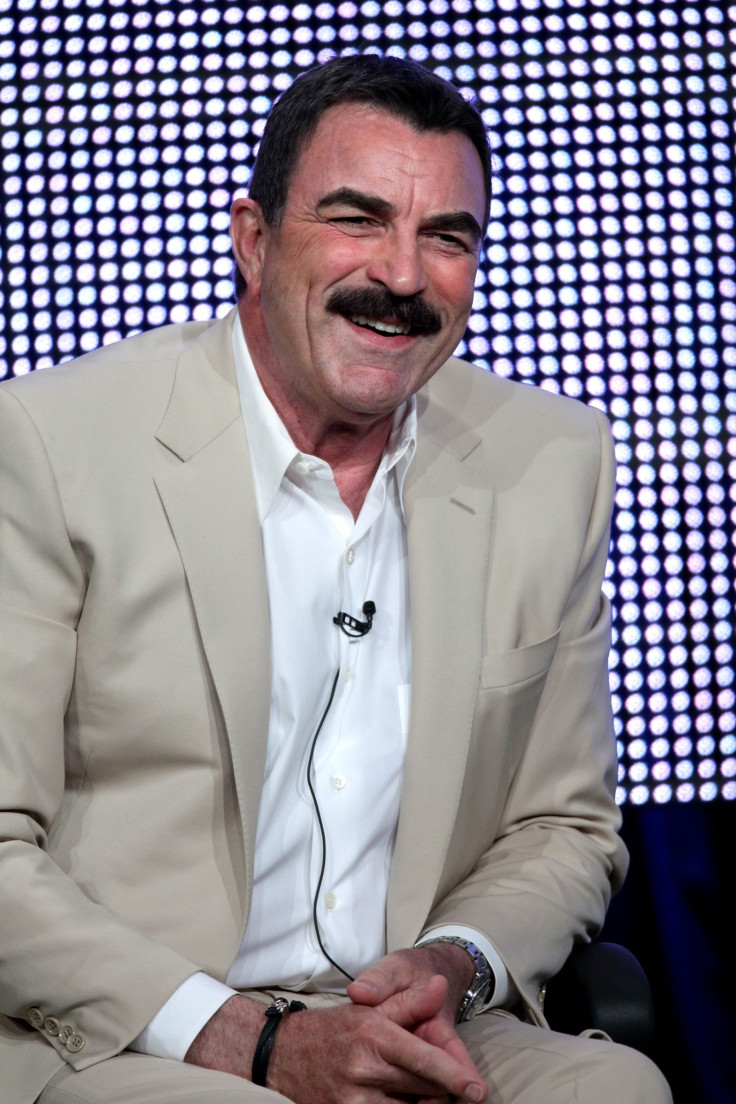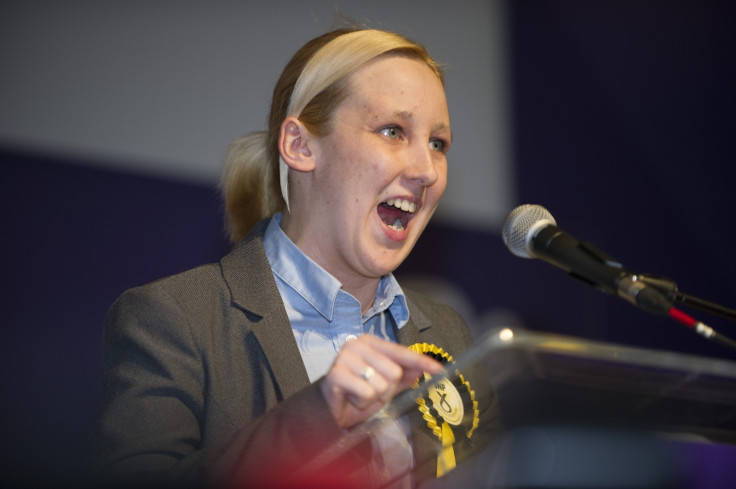Deborah Doane: People still care, so why doesn't Britain's political situation reflect that?
I am desperate for good news. Not the celebrity good news that peppers the tabloids, letting us know how happy Caitlyn Jenner must be feeling now she can be her real self. No, I want the kind of good news that means rent prices in London aren't forcing people to live in Dickensian conditions.
The kind of good news that sees a rise in renewable energy provisions. The kind of good news that means we are as kind and forgiving to debtors like Greece as we were to war aggressors who murdered a few million people. In other words, good news that shows that people care about their neighbours and about the planet.

The thing is, I know people care at an individual level. It goes beyond neighbours inviting me around for a cup of tea. House builders have expressed outrage this week that the government has relaxed energy standards.
Everywhere I go, conversations seem to bemoan the fact that Greece wasn't shown more compassion by the vindictive eurozone. I know that the majority of people don't fetishise a time when workers survived in slums while a small minority lived the high life.
But we seem to be stuck in some sort of twilight zone where our official institutions prevent us from caring in an authorised manner.
Caring can only happen outside the confines of the state: food banks can flourish to feed people; even a crowd-funding site can reap a few million euros to help pay off Greek debt.
In spite of the news, Britons do genuinely care. While this government seems to be intent on axing renewable targets, or proposing an enquiry into a paid-for NHS, most people still believe that we need things like a free health service or a decent state school system or investment in green energy. But many simply don't trust the state to deliver it.
And herein lies our very own prisoner's dilemma: rational people don't trust governments, even if it's in their best interest to do so. So we don't invest trust in the state, which in turn fuels a distrust of investing in those institutions that would actually deliver a better life. At this rate it's only a matter of time before we follow our American brethren whereby infrastructure is in perpetual decline while celebrities steal water for their avocados, leaving the poor plebs to die of thirst.
We seem to have all but given up on the 20th century idea of statehood, the one that bred the UN and gave rise to the welfare state. We are mourning the end of social democracy in Europe, while retreating to our comfort zones of family and self.

Fortunately, there are optimists still out there. The newest kid on the block – 20-year-old Mhairi Black, the young MP who ousted the faithful pragmatist Douglas Alexander from his seat, delivered a rousing maiden speech this week that signals there is still space for the politics of idealism and compassion.
But while rhetoric is one thing, there seems to be a dearth of ideas beyond left and right – big state against no state – to deliver Black's dream.
She may be able to unite "the left", but people on the right care too.
Tony Giddens, the former head of the London School of Economics who advised Labour in its earlier days of government, tried to articulate his idea of "the third way" – but all that turned out to be was a state-sanctioned pact for letting the rich make lots of money as long as they paid their taxes. As a consequence, we now have a society more unequal than it was the century before.
Devolution might be one ultimate good news destination: governing at a scale where people can trust the outcomes and can hold politicians to account.
If Scotland and Wales are indicators, devolution may be more likely to deliver things like community energy companies, local food co-operatives and even ambitious renewable energy targets – institutions that people need, trust and can deliver at an appropriate scale.
Deborah Doane is a writer and consultant on new economics and sustainability. She was previously director of the World Development Movement.
© Copyright IBTimes 2025. All rights reserved.






















